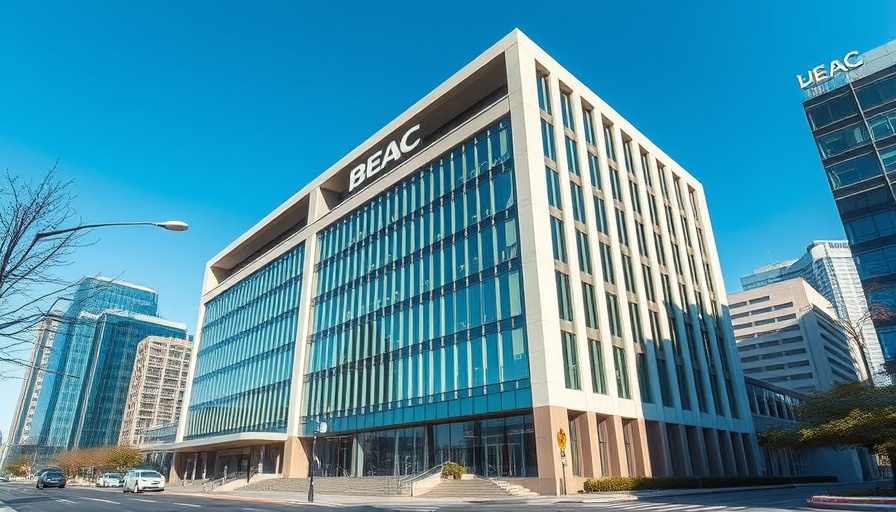
Understanding the BEAC Rehabilitation Fund Dynamics
The Central African region is witnessing a significant development with the Bank of Central African States (BEAC) moving forward with its rehabilitation fund initiative, despite the absence of a comprehensive agreement. This decision occurs in the broader context of delaying negotiations by American extractive companies, which are seeking to repatriate substantial funds to the bank amid pressures from U.S. political quarters.
Regional Negotiation Challenges and Their Implications
Negotiations over rehabilitation funds have become a focal point for the economic stability of the Central African Economic and Monetary Community (CEMAC). The ongoing discussions reflect the delicate balance of power and influence exerted by external stakeholders, particularly American companies and their government. The Trump administration’s support for these companies adds a layer of complexity, influencing local governance and economic conditions.
The Broader Picture of U.S.-Central Africa Relations
This scenario sheds light on the intricate web of U.S.-Africa relations, particularly as they pertain to economic partnerships and development initiatives. With a focus on trade and investment, the U.S. has positioned itself as a key player in Africa’s economic landscape. However, the dynamics of negotiation often pose serious challenges to local governance structures, prompting critical examinations of how these international interests align with the developmental goals of Central African nations.
Future Predictions: What’s Next for Central Africa?
Looking forward, the prospect of reaching an agreement over these rehabilitation funds seems uncertain. While the Central African leaders have expressed hope that a consensus can be reached by April, ongoing delays raise questions about political stability and the broader implications for regional governance. The capacity for local governments to assert their interests amid external pressures will be pivotal for the area’s future.
Key Takeaways for Professionals Watching Central African Development
For industry professionals and interested stakeholders, understanding the intricacies of these negotiations is critical. The situation represents a classic case of how international policies and domestic realities can collide. Professionals in sectors like economic development, international relations, and political science must consider the implications of these dynamics, particularly as they relate to investment opportunities and regional stability.
Call to Action: Engage with Africa’s Economic Future
As developments unfold in Central Africa, professionals are encouraged to stay informed and engaged with the evolving landscape. Understanding these negotiations can lead to insightful discussions and potential collaborations in various sectors, particularly as Africa continues to assert its position on the global economic stage.
Conclusion: The Vital Need for Awareness and Insight
In conclusion, the situation surrounding the BEAC rehabilitation fund illustrates the complexities of governance and international relations within Central Africa. Comprehending these factors is essential for anyone interested in the region's future economic and political landscape. By fostering dialogue and understanding, we can contribute to a more nuanced perspective on these pivotal issues.
 Add Row
Add Row  Add
Add 




Write A Comment